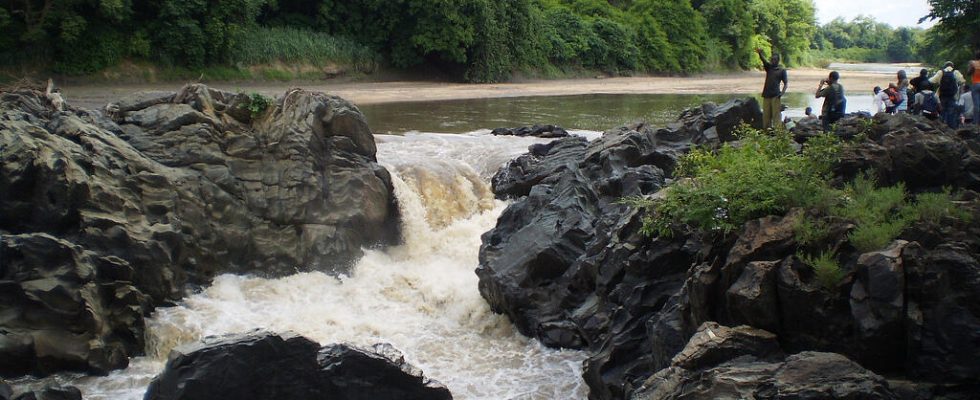Fight against corruption to better protect the environment. Example in Cameroon where the Foder organization conducted a study on the Bénoué National Park. Located in the northern region, this UNESCO-recognized biosphere reserve is home to many species, especially animal ones. To preserve this national wealth, the NGO Foder made for the first time an estimate of the degree of corruption in land transactions and the management of natural resources inside and around the park.
Corruption being by definition a practice that is not assumed, it is the perception of the intensity of this corruption that the NGO Foder (Forests and Rural Development) has measured. For example, by looking at how grazing, fishing, gold panning or plowing rights are negotiated in prohibited areas, which are supposed to be protected.
” These people, in return, to carry out their activities without being disturbed, 68% of them say they give money, 21% say they give material rather, and others, 10% practically, offer services. explains Justin Kamga, coordinator of the Foder organization.
To make this assessment, the NGO interviewed more than 130 people: on the one hand officials from the ministries concerned, on the other local communities. The methodology used is that recognized and validated by Conac, the National Anti-Corruption Commission and used by Transparency International.
Result: a score of 6.3 out of 10, the perception of “average” corruption around the Bénoué National Park. A corruption that would have brewed 100 million CFA francs last year, according to the estimate made by Foder.
This study, the first of its kind for the landscape of the park, now serves as a basis for carrying out awareness-raising actions with agents and local organizations. And in a year, a new measure is planned to assess the evolution of practices and better protect the resources of the Parc de la Bénoué.
